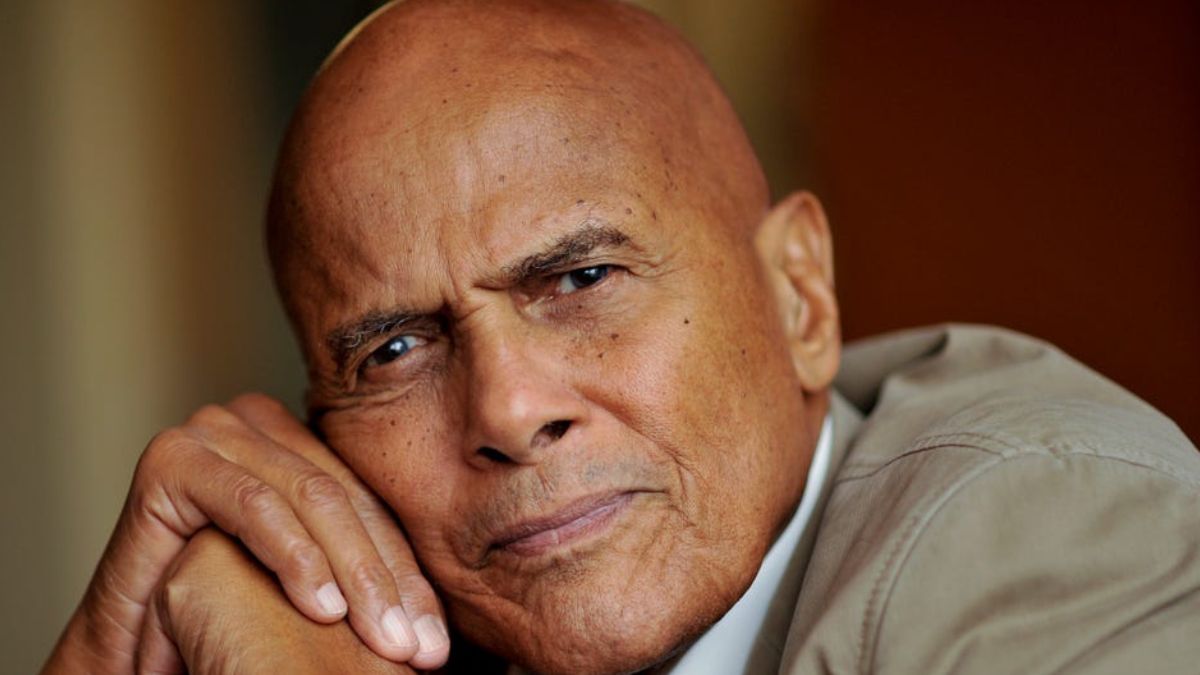One of the greatest voices our planet has ever heard was put to rest on April 25. Harry Belafonte, a native of Harlem, New York, who passed away at the age of 96, made famous the Calypso musical style.
“Day-O (The Banana Boat Song),” “Jump in the Line (Shake, Seora),” and other songs are among his compositions. When Harry passed away, congestive heart failure was the cause of death, according to his representative, who spoke with the New York Times.
After being born on March 1, 1927, to immigrants from the Caribbean countries of Martinique and Jamaica, Harry Belafonte spent his early years there. He returned to Jamaica in 1935 and lived there until 1940, this time with his mother. He dropped out of high school in the midst of the 1940s to enlist in the American Navy. According to Britannica, after completing his service, he returned to New York City.
While studying drama at Erwin Piscator’s Dramatic Workshop, Harry launched his singing career by performing in nightclubs. In 1950, he began singing Caribbean folk songs instead of pop tunes, which helped popularise calypso among a larger segment of the American population.
In the 1950s, Harry made his Broadway debut in the show John Murray Anderson’s Almanack. For his performance, he received a Tony Award for supporting actor. Harry made his movie debut in Bright Road from 1953. Additionally, he was cast in the films Carmen Jones (1954) and Island In The Sun (1957).
In the 1960s and early 1970s, Harry turned his attention to music since he was unsatisfied with the jobs that were being offered to him. With Buck and the Preacher and Uptown Saturday Night, he started acting again.
Along with Grammy and Tony awards, Harry also got an Emmy for the 1959 television special Tonight with Belafonte. Harry also received the Kennedy Centre Honours in 1989, the National Medal of Arts in 1994, and the Jean Hersholt Humanitarian Award in 2014.

Harry’s vivacious and spiritual music propelled him into popular culture, but it was his activism that cemented his legacy. Harry was a personal friend of Dr. Martin Luther King Jr. and a pioneering supporter of the Civil Rights Movement in the 1950s and 1960s.
He supported political and humanitarian causes throughout his career, including the ACLU, USA for Africa, and the Anti-Apartheid Movement. Harry has four children and had been married three times. From 1948 to 1957, he was married to Marguerite Byrd.
Adrienne and Shari, two girls, were welcomed. He wed Julie Robinson, his second wife, in 1957. After 47 years of marriage, they had two children together, Gina and David, before finally calling it quits in 2008.
He wed Pamela Frank, a photographer, in that year. Additionally, Harry is survived by five grandkids.

